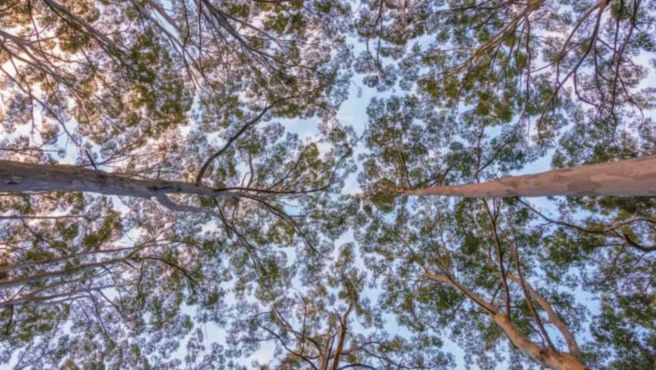Cabinet mining strikes gold for Brisbane-based techies thinking outside the box

When Bruce was asked to assess a proposal from an external supplier to charge 25% more for spare parts repairs for Telstra’s fixed access network, his first question, according to spares manager Anthony Francis, was ‘why?’
“Bruce is a great lateral thinker and the first thing he asked me was: ‘Why are we spending $2.8 million to repair spares when there are ample parts available in powered roadside cabinets made redundant by the NBN, which we could extract and use as spares?’”
As soon as the provocative question was passed up the chain – to commercial engineering managers Mark Stanton and Tony Irwin – Bruce and his colleagues, Adam Sears and Jason Vidulich, were given the task of assessing just how easy it would be to remove the circuit boards and power rectifiers from Telstra’s cabinets, test them, prepare inventories, and put them into storage.
The answer took five weeks, during which time the three engineers took apart 16 cabinets and documented their working spares. The result: $374,000 of repair savings – more than $23,000 per cabinet.
“I don’t think that figure was much of a surprise to us,” says Bruce. “But when we passed on the news, Mark [Stanton] immediately said, ‘We have to go ahead and save that money’.”
A year after Bruce’s pioneering pilot, more than 10,000 spare parts valued at more than $3 million have been recovered from roadside cabinets across the country, and the company is on track to save $2.65 million in repair bills this financial year.
“Using this resource recovery process, this is the first time where we’ve become fully self-sufficient to meet all our maintenance requirements for the fixed access network using only our own decommissioned assets,” says Anthony.
A good influence
So successful has the story been that other parts of the business are now following suit, with Cisco CRS routers being recovered in Queensland, NSW and South Australia, and 3G transmission equipment being collected across the country – including in some very remote areas.
“There’s another resource recovery program looking to get further use out of old chipsets, which may have alternative uses in equipment like coffee machines,” says Bruce. “Plus we’re also looking at extracting precious metals from other redundant or faulty circuit boards.
As a telecoms provider, we don’t always know how many recoverable metals there are in some of these parts, because we’ve only been looking at their operational capabilities.
When Bruce’s ‘cabinet mining’ pilot began in late 2020, Telstra had about 7,500 roadside cabinets in its fixed access network, which the company is now looking to reduce to around 2,500 by 2025. “The vast majority of active components in these cabinets are reusable,” says Bruce. “And that’s not even counting the aluminium cabinets themselves.”
To fuel the recovery program, Bruce has negotiated a six-month ‘grace period’ before power is disconnected from Telstra’s cabinets, to enable technicians to recover all the assets of value. “When the power is disconnected from this infrastructure, moisture and mould can render a lot of the equipment useless within a matter of weeks,” explains Bruce.
I think it’s great that people are getting a bit of acknowledgement for going out of their way and taking a risk to recoup these assets – rather than just letting them go to waste. Plus I think it’s helped us all think a bit more about the bigger picture, and grow as people ourselves.


